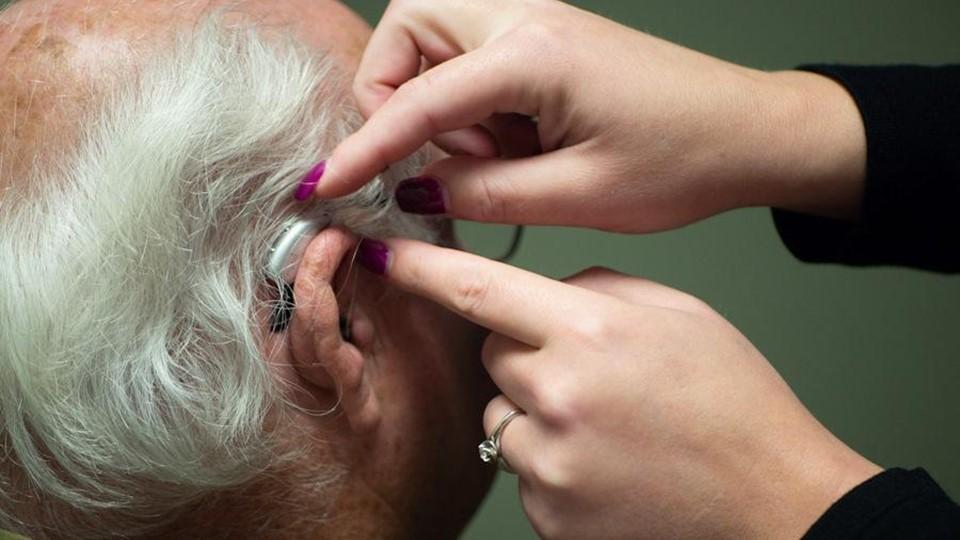Hearing aids could cut cognitive decline in some patients

With so much attention focused on the use of pricey amyloid-busting therapies for Alzheimer’s disease, a new clinical study has pointed to another possible way to tackle dementia – simply by making hearing aids more widely available.
A randomised clinical trial published in The Lancet has provided the first direct clinical evidence that treating hearing loss could slow the decline in cognitive function, which precedes the clinical onset of dementia.
The ACHIEVE trial did not find a significant reduction over three years over the entire patient cohort of around 1,000 people aged 70 to 84, who had untreated hearing loss and no signs of cognitive impairment at enrolment.
However, the study did pick up a slower rate of cognitive decline in an older, unhealthier population at a higher risk of dementia, with a history of cardiovascular disease.
Neurocognitive testing carried out at the end of the trial suggested that this subcategory of patients – who had rates of cognitive decline almost three times higher than the overall study population – had a 48% slower rate if they received a hearing aid.
The scientists behind the work acknowledge that the size of that protective benefit may not be achievable in a real-world setting, and patients will be followed for longer to see how long the benefits last.
Nevertheless, “these results provide compelling evidence that treating hearing loss is a powerful tool to protect cognitive function in later life, and possibly, over the long term, delay a dementia diagnosis,” said lead investigator Prof Frank Lin of Johns Hopkins University School of Medicine.
“But any cognitive benefits of treating age-related hearing loss are likely to vary depending on an individual’s risk of cognitive decline,” he cautioned.
The results provide much-needed clinical evidence for the hypothesis that increasing the diagnosis of hearing problems in older people and making hearing aid devices available could be an effective public health strategy to help tackle the rising problem of dementia.
“The background is that hearing loss from midlife is recognised as a major independent risk factor for developing dementia in later years, so the big question is whether hearing interventions…help to slow down cognitive decline and prevent dementia,” commented Prof Tom Dening of the University of Nottingham, who was not involved in the study.
While the overall effect of hearing aid use was “a little disappointing”, Dening said that supporting people who are at higher risk of dementia with interventions like hearing aids “is important and likely to be effective”.
Alzheimer’s Research UK also welcomed the findings, noting that it has asked the UK government to include a hearing check in the existing NHS Health Check offered free to0 people aged over 40.
“We know that dementia is not an inevitable part of ageing, and while we work towards a cure, it is important to understand what we can do to protect our brain health,” said the charity’s head of research and partnerships, Dr Susan Kohlhaas.
“People who are concerned about hearing loss should speak to a healthcare professional – options to preserve hearing may have additional benefits of protecting their brain health.”
Photo by Anthony Camerlo on Unsplash












